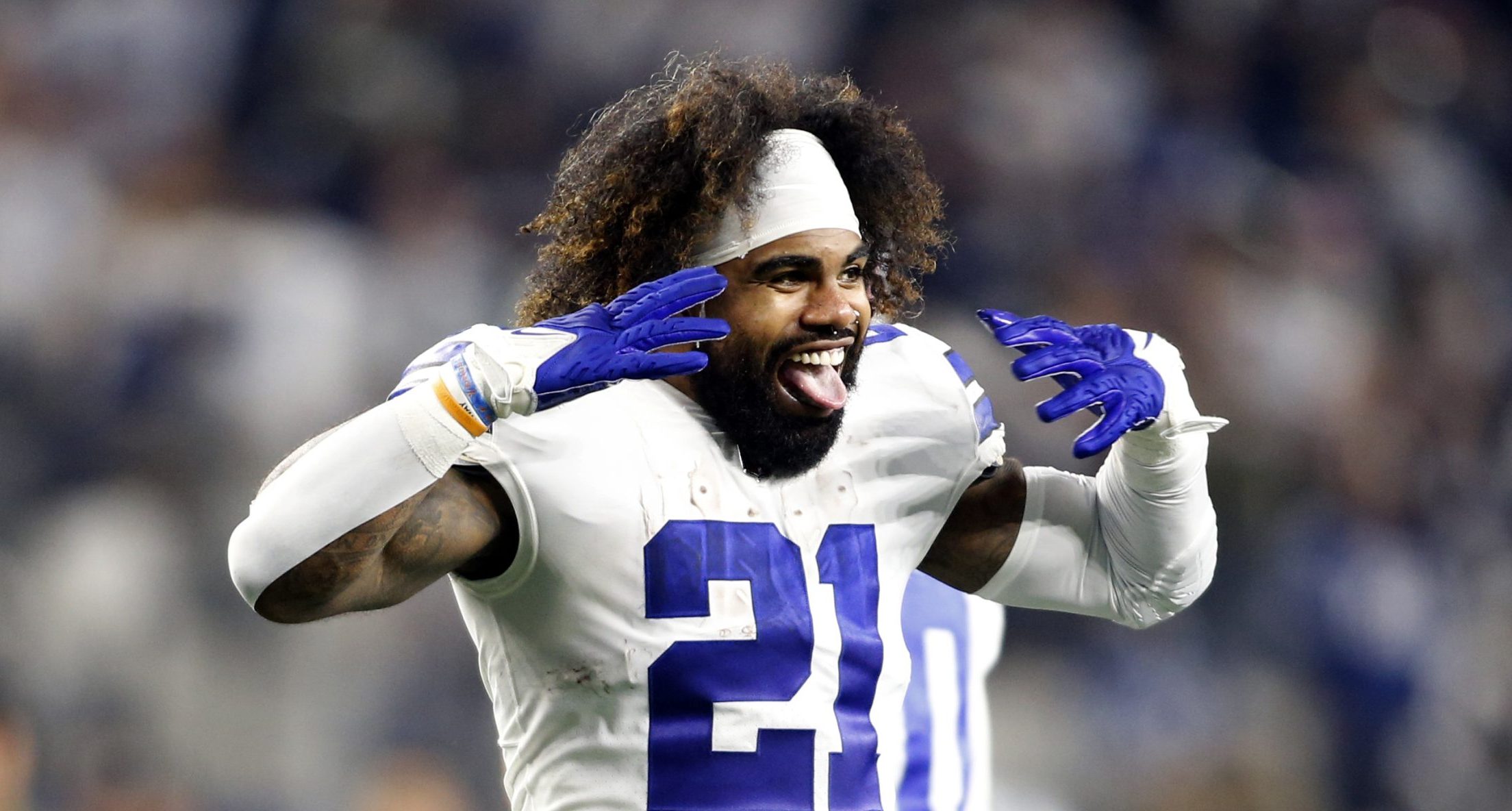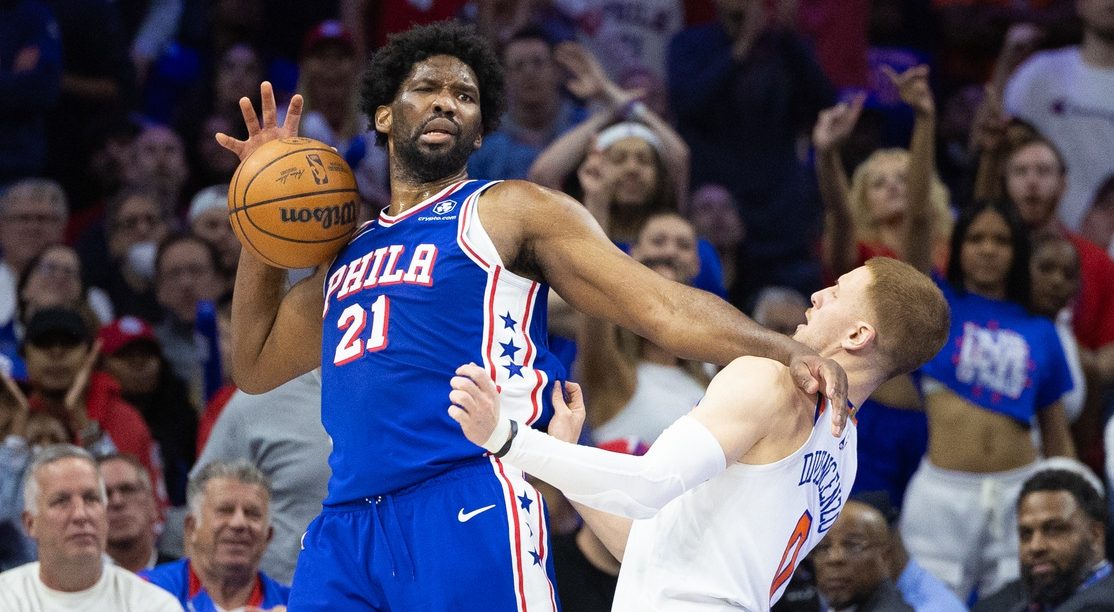Horror movies are getting interesting again. That’s a statement some might disagree with, probably ignoring some worthy films that have been released over the past five to 10 years.
But to me, the horror genre has seemed overpopulated with amped-up ghost movies in recent years, largely playing off the Paranormal Activity phenomenon. (That’s probably unfair to The Conjuring.) Of course, any successful horror flick will yield sequels, which has filled theaters with a whole lot of follow-ups to Insidious and The Purge.
While admitting that I should probably expand my horror horizons more, the past couple of years have provided a handful of intriguing films worth watching in theaters, rather than waiting for a rental or run on cable. Movies like The Witch, It Follows, Lights Out, The Babadook, and Don’t Breathe, along with different takes like Taika Waititi’s found-footage spoof What We Do in the Shadows, have helped horror feel intriguing again, and even a bit exciting. (If you have other recommendations, please offer some.)
So it seems like an ideal time for someone not known for horror to jump in and remind us that scary movies don’t just have to be about sadistic killers or supernatural forces out to get us, but at their best, can also provide some clever social commentary as well. Jordan Peele has done this with Get Out.
Ian at the Movies
- Borg vs. McEnroe is surprisingly good, portraying two tennis icons not as different as believed
- Rampage works because it doesn’t try to adapt the video game
- Why Tomb Raider and Alicia Vikander break the bad video game movie trend
- Game Night uses all its pieces well, notably Rachel McAdams, for a twisty story full of laughs
- Black Panther is like no other Marvel film, reaching a higher bar as a result: 5 takeaways
But maybe it was Peele who had the true talent for finding the creepy in comedy, and smartly decided to go that route for his first film, rather than the comedy that everyone would have expected. (Though Peele may have dipped his toe in moviemaking with last year’s Keanu, working with regular Key & Peele director Peter Atencio.) And kudos to Blumhouse Productions — whom I probably unfairly knocked for all of those Paranormal Activity and Insidious sequels — for giving him that opportunity. Read More Here for details
Meeting a girlfriend’s parents can be a scary proposition under any circumstances and Get Out could certainly be seen as a warped take on that scenario on some level. What will they think of you? Are their backgrounds completely different from yours? Will you learn something about the person you’re dating that you may like and vice versa? Everyone is judging each other in one way or another. And the situation can feel even more uncomfortable taking place during a weekend visit at the parents’ home.
Peele adds a whole other level to this scenario by making his story about a black man visiting his white girlfriend’s parents in an affluent New York suburb. Chris (Daniel Kaluuya) is an up-and-coming photographer successful enough to afford a trendy loft in the city and be on the radar of New York gallery owners. He seemingly has nothing to be insecure about.
Yet going to spend the weekend with his girlfriend, Rose (Allison Williams), at her parents house has him understandably nervous. It’s a big step for any relationship, one that Chris’ best friend Rod (Lil Rel Howery) teases him about. (Though Rod and Rose get along to the point that Chris might actually be a bit jealous.)
Rose insists Chris has nothing to worry about, which seems terribly naive. How could she possibly understand Chris’ concerns? What if the roles were reversed? But Rose presumably knows her parents, and believes that her father, Dean (Bradley Whitford), will try to be the cool, progressive dad who tries to find common ground by saying he would have voted for Obama for a third term if he could have. (How often is that used as an icebreaker between black and white people in current social situations?)
Upon arriving at Rose’s family home, Chris’ insecurities become more heightened. Rose’s parents welcome Chris into their home and seem fine with their relationship. Her father acts exactly as Rose warned, maybe trying just a bit too hard while being a bit too inquisitive. Rose’s mother, Missy (Catherine Keener), seems a bit more guarded, evaluating Chris like any parent would But she’s also a psychiatrist, so is surely trying to figure out what makes him tick and how to dig underneath the surface. As if the situation wasn’t already uncomfortable.
Missy’s faint judgment veers toward disapproval when she finds out Chris smokes. Part of it is “Don’t smoke in front of my daughter,” another part is remembering how much her husband smoked. But ultimately, it seems to be about control. She claims she can help Chris quit smoking through hypnosis. She’s used the technique with many of her patients. Hypnosis helped Dean quit smoking. Yet Chris is skeptical. He’s also wary of surrendering control to someone he barely knows, someone who might try to mess with his head on behalf of her daughter.
Even more unsettling are the two black housekeepers Rose’s parents employ. Dean tries to alleviate Chris’ unease by acknowledging how bad it looks, but insists they hired Georgina and Walter to take care of his parents, and didn’t want to let them go when their services were no longer needed. Yet it’s not just that. Something is off about those two. They act a bit too polite and are just a bit too quiet, as if their minds aren’t really active. What is going on in those heads? Why are they acting so strange?
Making the entire weekend more uncomfortable is that Rose has unwittingly chosen the weekend of her family’s annual party (which used to be her grandfather’s birthday celebration) for their visit. That means Chris will have to deal with a whole lot more old, rich white people. More judgment. More awkward conversation. More unintended and overt racism. This is probably the funniest part of the film, allowing Peele to break out the stereotypical conversations that arise in such scenarios.
A golf aficionado tells Chris how much he admires Tiger Woods. Worst of all, an older woman who’s still apparently frisky looks Chris up and down and asks Rose if it’s true that sex is better with a black man. But everyone seems all right with Chris being there and dating Rose. Yet when he sees another black man in this sea of whiteness, Chris reaches out for a life preserver.
However, this guy (Lakeith Stanfield) doesn’t provide Chris someone to talk to. He just adds to the suspicion that something very wrong is going on, showing virtually no personality, an empty look, and partnered with a white woman at least twice his age. Is this what suburbia does to black people? If Chris’s relationship with Rose turns into something more long-term and serious, is he going to become an automaton with an empty smile?
But when Chris attempts to snap a photo of this black man who’s wholly embraced suburban white culture and seemingly lost his identity (racial or otherwise), the flash triggers something. Suddenly, those eyes come alive with fear. His nose bleeds. He lashes out at Chris and grabs his shirt. “Get out!” he yells. The outburst is dismissed as a temporary psychiatric breakdown, but Chris knows it’s more than that — especially because the person seems familiar to him.
Is Chris being too suspicious, a paranoia fed by hilarious conversations with Rod, who teases his friend about becoming too white, but then discovers something else about the acquaintance met at that party? If the answer was no, we probably wouldn’t have much of a horror movie. Where the story goes, along with the sinister beliefs and motives that are discovered, may surprise you. Others might feel like they saw the outcome all along. Regardless, the ride is a fun one, capitalizing on distrust and cynicism that we all carry to some extent.
Peele is not out of his element with this material at all. If you’re at all wary of a comedian directing a horror movie, perhaps that’s being as judgmental as the protagonist of this story. Who are better social observers and critics than comedians? With his sketch comedy and writing, Peele has shown he can create characters and quickly flesh them out without much exposition. He finds the humor in uncomfortable situations. And he’s able to take seemingly normal discomforts and exaggerate them to absurd extents. It’s exciting to think about what Peele might do next in film.
[Also, I am obligated to point out when my name doppelganger Ian Casselberry is in a movie. The far more successful and handsome Ian does have a cameo, following up on his role in Keanu.]







